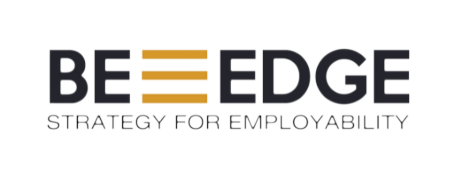MILLENNIALS: When Jobs Are Gone, Craft Your Own
By Dr. Julia Ivy
The Millennial generation (born between 1980 and 2000) now comprises about one-half of the American workforce, and this generation has been hit hardest by the COVID-19 pandemic. More Millennials (61 percent) have lost their job or had their hours or salaries reduced than any other generational group due to the pandemic.
At the same time, this generation is the most educated. Historical data of educational levels among people 25 to 29 years of age shows 40 percent of Millennials held advanced degrees in 2016 compared to 32 percent of Generation Xers in 2000 and 26 percent of Boomers in 1985.
Read more























